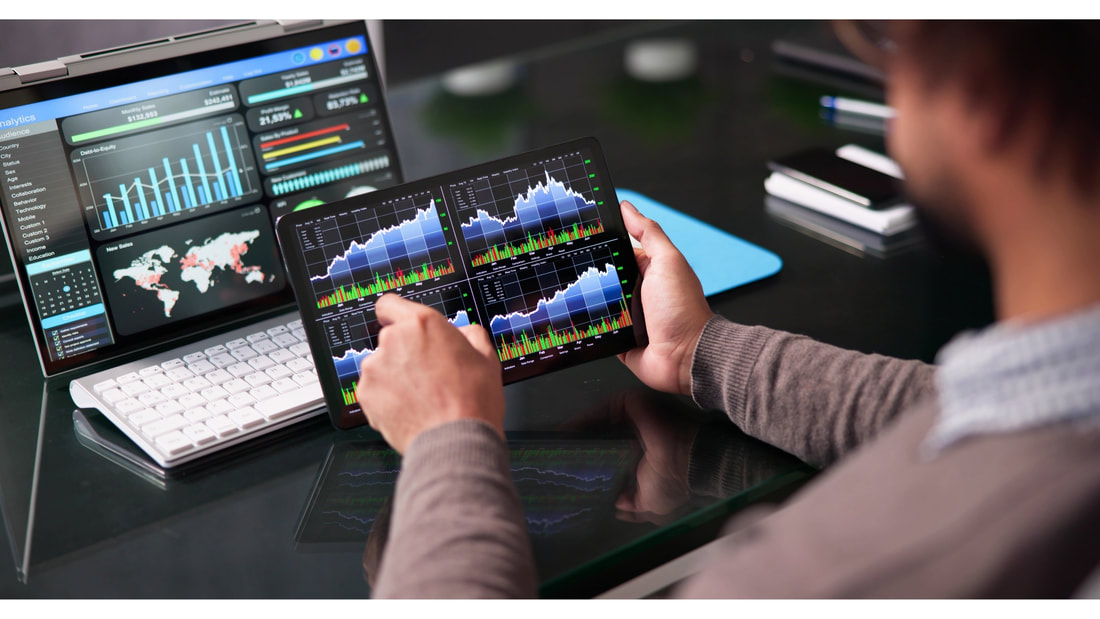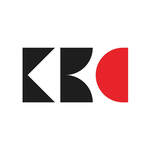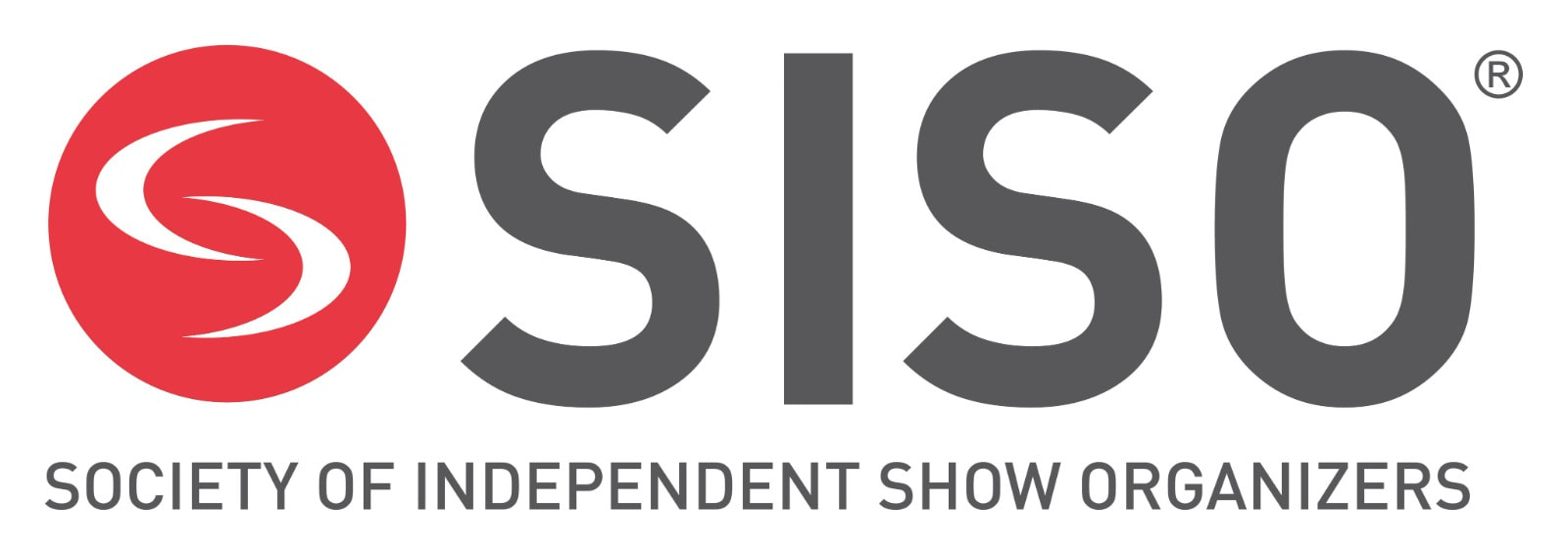|
As the kitchen and bath industry embraces the future, artificial intelligence (AI) stands at the forefront of innovation, fundamentally transforming how these spaces are designed, utilized, and experienced. For exhibitors, understanding AI's potential is crucial to staying competitive and meeting the evolving demands of consumers. This article delves into the key AI trends and their implications for kitchen and bath exhibitors. Innovation in Kitchen and Bath: AI has become an invaluable tool in the design and remodeling of kitchens and baths. It simplifies complex processes by streamlining time-consuming tasks such as selection, purchasing, and installation. AI-driven platforms offer features like interactive budgeting, 3D modeling, and estimating, which enhance the customer experience by making the design process faster and more transparent. AI applications in design also include creating space plans and product designs. These applications can optimize water and energy usage, contributing to resource conservation. For instance, AI can analyze data from appliances to predict maintenance needs, thereby preventing breakdowns and extending the lifespan of appliances.
How AI Enhances Predictive Analytics in Kitchen and Bath Companies: AI technologies significantly enhance the capabilities of predictive analytics by automating data analysis and providing deeper insights. Here’s how AI is helping kitchen and bath companies leverage predictive analytics:
KitchenGPT -AI-Driven Design Tool: KitchenGPT is a cutting-edge, AI-powered tool that streamlines the kitchen design process, offering dynamic visualization, style transfer technology, and 3D rendering capabilities. It allows users to upload photos of their kitchens and experiment with various design themes at no cost, making it accessible for both homeowners and designers to explore different setups and visualize potential renovations realistically. The platform uses advanced AI algorithms to apply users' favorite design styles to their kitchen images, helping them see how different influences can enhance their space. Impact on the Industry: The introduction of KitchenGPT represents a significant shift in how kitchen design is approached. By leveraging AI, the platform democratizes access to high-quality design tools, enabling homeowners to take control of their kitchen renovation projects. This empowerment not only enhances user satisfaction but also fosters creativity and innovation in kitchen design. Challenges and Ethical Considerations: While AI offers numerous benefits, it also presents challenges, particularly concerning privacy and ethical use. Homeowners are concerned about the privacy implications of smart devices, which collect and utilize personal data. Additionally, the design industry faces ethical challenges in ensuring transparency when using AI-generated images and designs. Future Outlook and Industry Events: The future of AI in kitchens and baths looks promising, with continuous advancements expected to enhance convenience and efficiency. As AI technology becomes more accessible and affordable, its adoption is likely to increase, offering new opportunities for innovation in the industry. However, balancing AI adoption with human interaction and expertise will be crucial for companies aiming to thrive in this evolving landscape.
0 Comments
Leave a Reply. |
Archives
September 2024
Categories |
|
FOR EXHIBIT & SPONSORSHIP INQUIRIES:
|
Canada's only trade show dedicated to the Kitchen & Bath industry
|
THE EXPO HUT Inc.
1310 Dundas Street East - office no.: 225 Mississauga, ON L4Y 2C1 - Canada Tel. +1 905.232.6331 Email: [email protected] Web: www.expohut.ca Member of:
|
|
© THE EXPO HUT Inc. All Rights Reserved.| Privacy Policy
|
Organized by
|




 RSS Feed
RSS Feed








